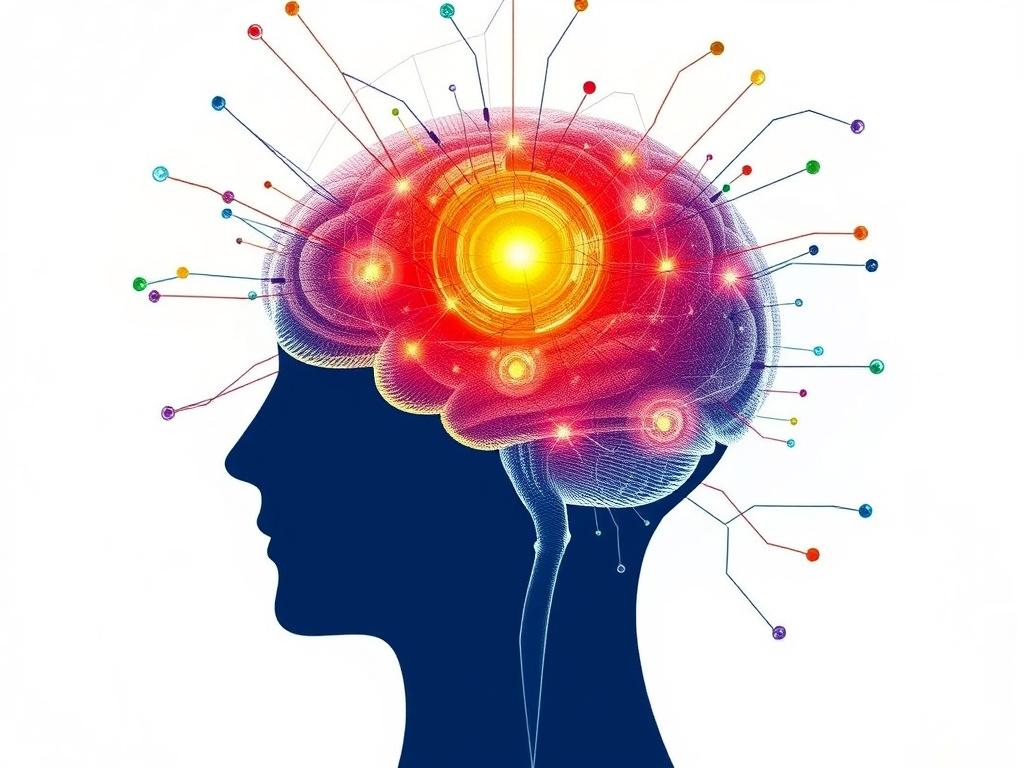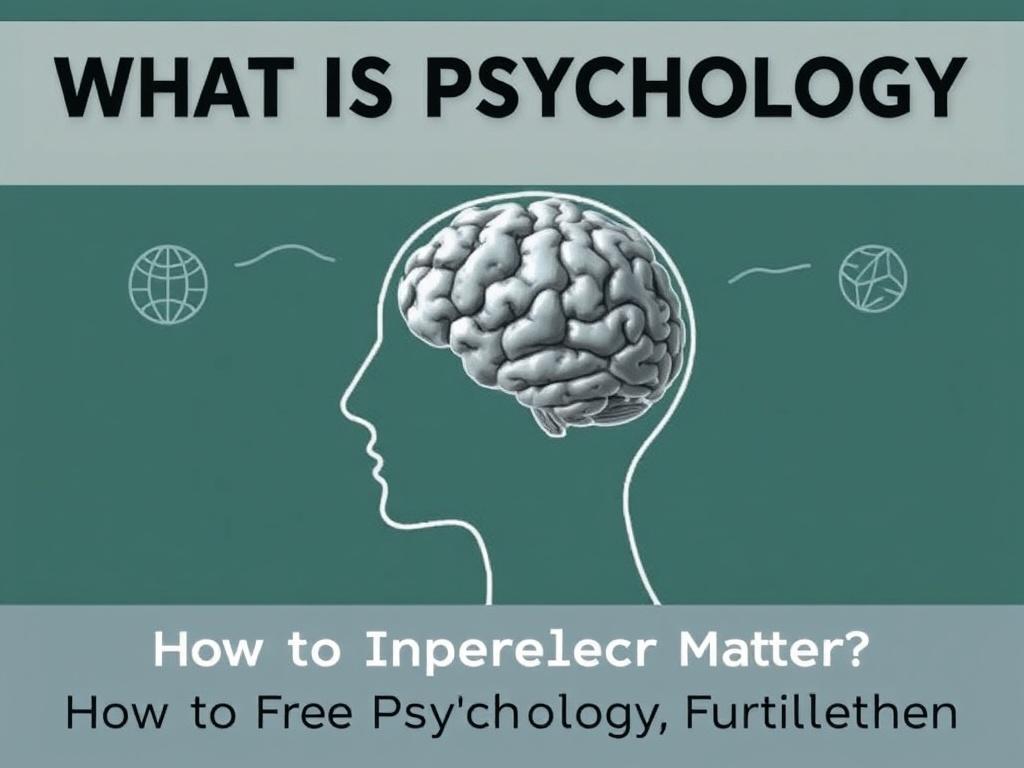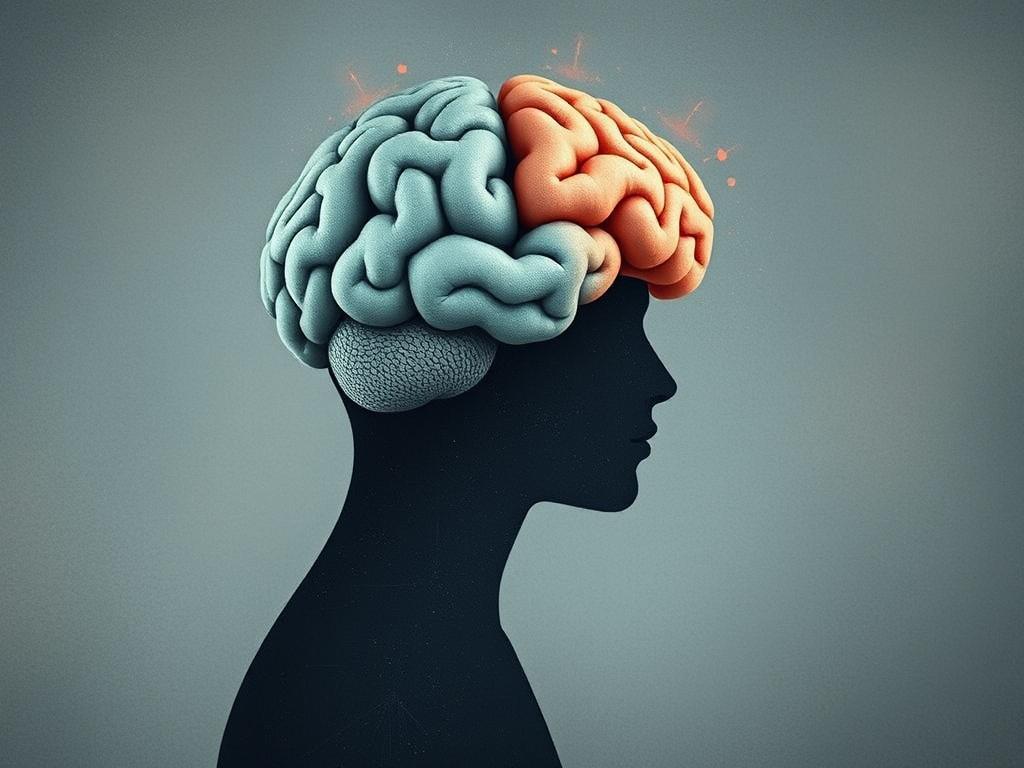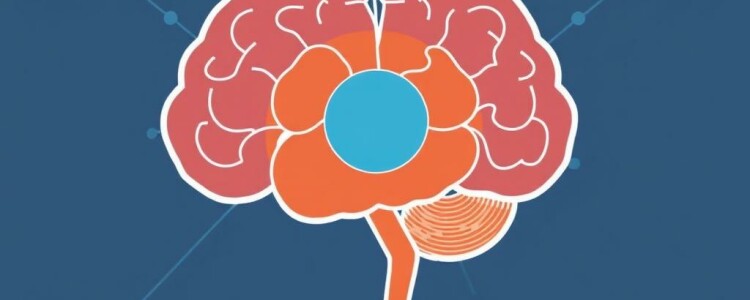Psychology is a fascinating field that often piques our curiosity because it delves into understanding what makes us tick—our thoughts, feelings, and actions. But what exactly is psychology, and why does it matter in our daily lives? Whether you’re a student, a professional, or just someone interested in human nature, grasping the fundamentals of psychology can transform the way you see yourself and others. In this article, we’ll explore the meaning of psychology, the key areas it covers, and why its impact is so far-reaching. By the end, you’ll have a clear idea of how psychology influences everything from personal growth to societal development.
Understanding Psychology: More Than Just a Definition
At its core, psychology is the scientific study of behavior and mental processes. This includes everything from our conscious thoughts, emotions, and motivations to unconscious influences and brain functions. But psychology is not just about the theoretical aspects; it’s about applying this knowledge to understand how people think, feel, and act in various situations. The word itself comes from the Greek roots “psyche,” meaning soul or mind, and “logos,” meaning study or discourse. So, psychology literally means the study of the mind.
What makes psychology so intriguing is that it spans multiple perspectives and methods. Psychologists use experiments, observations, and clinical studies to uncover truths about human nature. For example, they study how people develop from infancy to old age, how we learn new skills, why we form relationships, and how mental illnesses affect us. The diversity within psychology means it can intersect with fields like neuroscience, sociology, medicine, and education, making it a versatile discipline.
The Major Branches of Psychology
To better understand what psychology really covers, it’s helpful to look at its major branches:
- Clinical Psychology: Focuses on diagnosing and treating mental disorders, often through therapy and counseling.
- Cognitive Psychology: Explores mental processes like memory, perception, problem-solving, and decision-making.
- Developmental Psychology: Studies how people grow and change throughout their lifespan, from infancy to old age.
- Social Psychology: Examines how individuals are influenced by social environments, group dynamics, and cultural norms.
- Industrial-Organizational Psychology: Applies psychological principles in workplaces to improve productivity, motivation, and employee well-being.
- Biopsychology: Investigates the biological underpinnings of behavior, such as brain activity, genetics, and neurochemistry.
Each branch emphasizes different aspects of human experience, but they all contribute to a comprehensive understanding of behavior and mind.
Why Does Psychology Matter? The Value of Understanding Our Minds
Knowing what psychology is gives us a foundation, but you might wonder, why does it matter? The importance of psychology goes far beyond academic interest. It plays a crucial role in improving lives, enhancing relationships, and solving social problems. Understanding psychology helps us navigate everyday challenges, from managing stress to improving communication with loved ones.
On an individual level, psychology offers tools for personal growth and mental well-being. When we learn about how the mind works, we become better equipped to handle emotions, make informed decisions, and cultivate healthy habits. For example, cognitive-behavioral techniques taught in therapy have helped millions overcome anxiety and depression by changing negative thought patterns.
Moreover, psychology impacts education. Teachers use psychological principles to create effective learning environments, recognizing how motivation and memory work. Parents can benefit from developmental psychology insights to support their children through different stages of growth. At work, psychology shapes hiring practices, leadership styles, and employee training programs, driving both satisfaction and productivity.
Psychology’s Impact on Society
Psychology doesn’t just affect individuals—it also informs public policy and social change. When governments and organizations base decisions on psychological research, they create programs that promote health, reduce crime, and foster well-being. Think about campaigns that encourage healthy lifestyles, anti-bullying initiatives in schools, or mental health awareness drives. These efforts are grounded in our understanding of human behavior.
Another powerful area is the role psychology plays in understanding social issues like prejudice, discrimination, and intergroup conflict. Social psychologists study these topics to develop strategies that promote tolerance and cooperation among diverse populations. This shows that psychology is not just an isolated science but one deeply connected to creating a fairer, safer world.
Key Psychological Concepts Everyone Should Know
To appreciate psychology fully, it helps to grasp some fundamental concepts that crop up in everyday discussions:
| Concept | Description | Example |
|---|---|---|
| Conditioning | Learning through association or consequence. | A dog learns to salivate when hearing a bell paired with food (classical conditioning). |
| Cognitive Dissonance | Discomfort experienced when holding conflicting beliefs or behaviors. | Feeling uneasy after making a choice that conflicts with your values. |
| Memory | The process of encoding, storing, and retrieving information. | Remembering your first day at school or how to ride a bike. |
| Motivation | The internal drive that directs behavior. | Studying hard to achieve a scholarship. |
| Personality | Enduring patterns of thoughts, feelings, and behavior that distinguish individuals. | Being introverted or extroverted in social situations. |
Understanding these concepts enriches our appreciation of psychology’s complexity and relevance.
Common Misconceptions About Psychology
Before we go further, it’s also worth clearing up some common myths about psychology. Many people mistakenly believe psychology is just about “mind reading” or guessing what others think. In reality, psychology relies on research and scientific methods, making it a rigorous discipline grounded in evidence. Others confuse psychology with psychiatry; however, psychiatry is a medical field focused on diagnosing and treating mental illnesses, often with medication, while psychology emphasizes therapy and behavioral interventions.
Another misconception is that psychology only applies to people with mental health problems. While clinical psychology addresses these issues, much of psychology is about understanding everyday behavior and enhancing life quality for everyone, not just those struggling.
The Future of Psychology: Emerging Trends and Technologies

Psychology is a dynamic field continuously evolving alongside advances in science and technology. One exciting development is the integration of neuroscience, which allows psychologists to study the brain’s structure and function with unprecedented precision. Technologies like functional magnetic resonance imaging (fMRI) and electroencephalography (EEG) provide insights into how different brain areas contribute to emotions and decision-making.
Another trend is the growing emphasis on positive psychology. Rather than focusing only on problems and disorders, positive psychology studies what makes life meaningful and fulfilling. It encourages practices like gratitude, mindfulness, and resilience, helping individuals lead richer and happier lives.
Artificial intelligence and machine learning are also beginning to influence psychology. By analyzing large data sets, AI can detect patterns in behavior and mental health, potentially improving diagnosis and personalized treatment plans. Virtual reality is being used in exposure therapy to treat phobias and PTSD without real-world risks.
Practical Applications of Psychology in Daily Life
You might wonder what psychology can do for you personally. Here are some everyday ways psychological principles can improve your life:
- Stress Management: Techniques such as deep breathing and cognitive restructuring can help reduce anxiety.
- Improved Relationships: Understanding social psychology can enhance communication and empathy.
- Better Learning: Knowing how memory works helps you study more effectively and retain information.
- Healthier Habits: Psychology explains motivation and helps form lasting positive behaviors like exercise and healthy eating.
Even parenting benefits greatly from psychological research, guiding parents on how to foster secure attachments and support emotional development in children.
How to Explore Psychology Further

If this article has sparked your interest, there are many avenues to deepen your understanding. Consider reading introductory books on psychology, enrolling in online courses, or even pursuing formal education in psychology. Attending workshops or seminars can provide hands-on experience with psychological concepts.
Additionally, following reputable psychology blogs, podcasts, and research journals helps you stay updated on new discoveries and applications. Psychology is a field that invites curiosity and continuous learning, making it accessible to anyone eager to explore it.
Resources to Get Started
| Resource Type | Examples | Description |
|---|---|---|
| Books | “Psychology: The Science of Mind and Behaviour” by Richard Gross | Comprehensive introduction to psychology concepts and theories. |
| Online Courses | Coursera, edX, Khan Academy | Free and paid courses covering various branches of psychology. |
| Podcasts | “The Psychology Podcast”, “Hidden Brain” | Engaging discussions on psychology topics and recent research. |
| Journals | American Psychological Association (APA) journals | Access to peer-reviewed research articles. |
Ethics in Psychology: Why It’s Essential

Since psychology deals intimately with people’s minds and well-being, ethical standards are vital. Psychologists must respect privacy, obtain informed consent, and avoid harm. Ethical guidelines ensure that research participants and clients are protected and that findings are valid and trustworthy.
In practice, this means therapists create safe environments where clients can explore emotions without judgment. Researchers maintain confidentiality and handle data responsibly. Ethics uphold the integrity and credibility of psychology as a science and profession.
Conclusion
Psychology is a rich, multifaceted science that opens a window into the complex workings of the mind and behavior. It matters because it not only helps us understand ourselves and others but also equips us with tools to improve mental health, relationships, education, and society at large. From clinical diagnosis to everyday advice on stress management, psychology affects countless aspects of our lives. By appreciating its branches, key concepts, and practical applications, we can harness psychology to foster personal growth and social harmony. Embracing psychological knowledge empowers us to live smarter, happier, and more connected lives.





















Психология изучает, как работает наш разум и почему мы ведём себя так, а не иначе. Это важно, потому что помогает лучше понимать себя и других, улучшать отношения и принимать более взвешенные решения.
— Эмилия Медведева